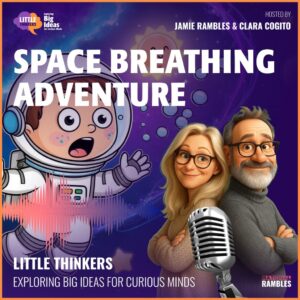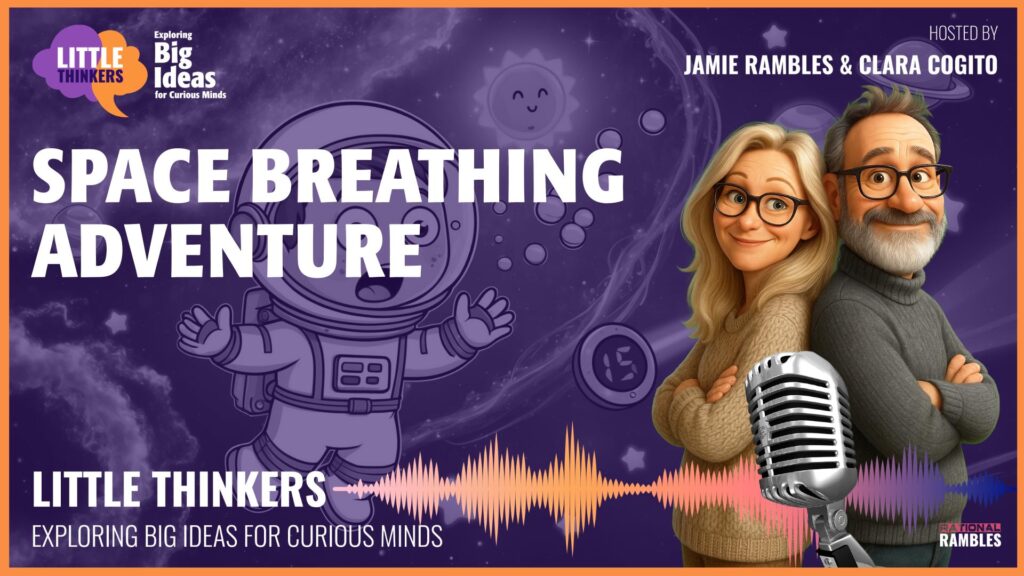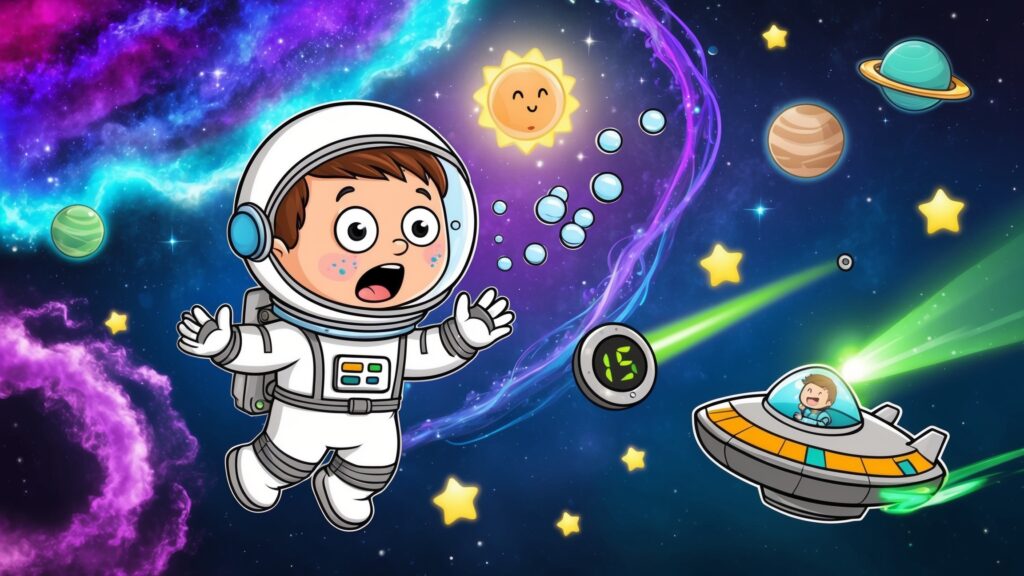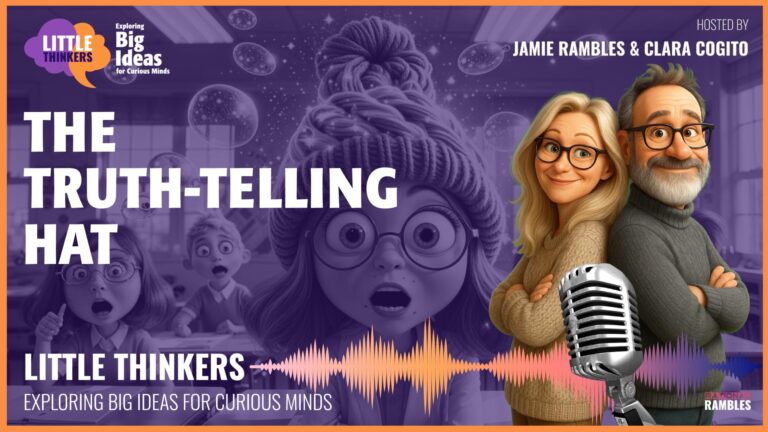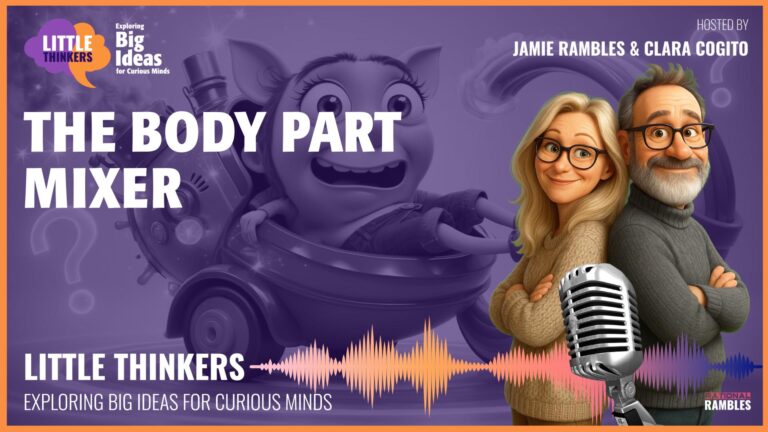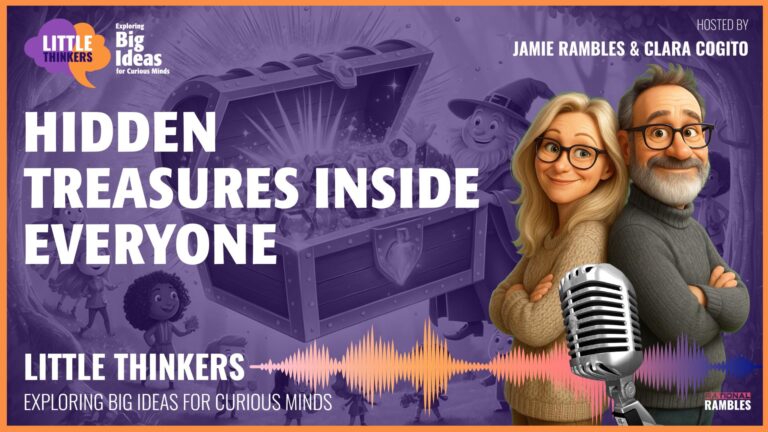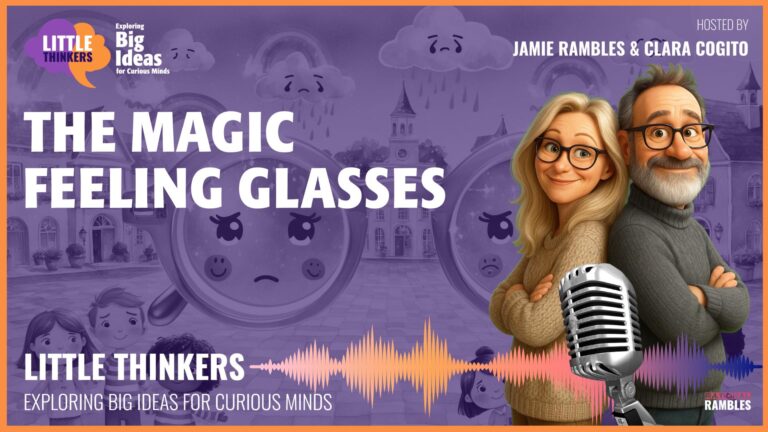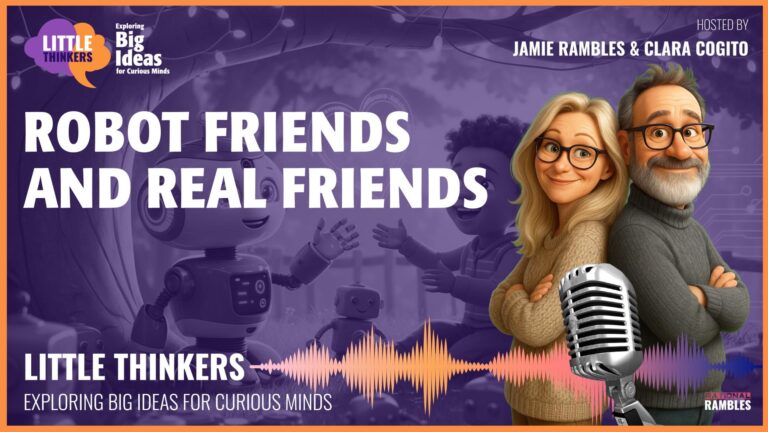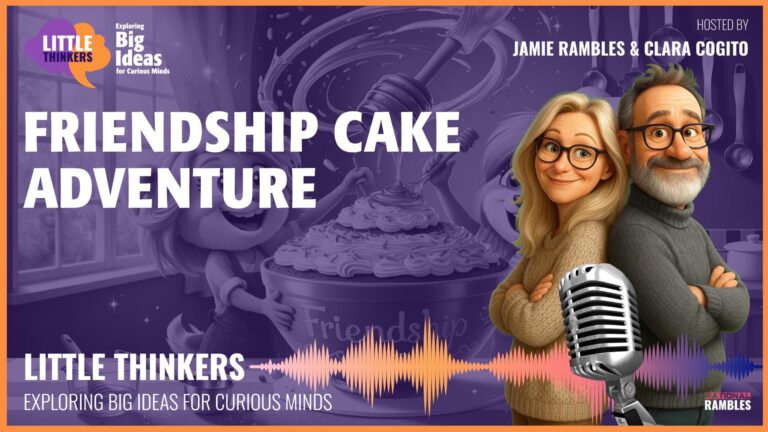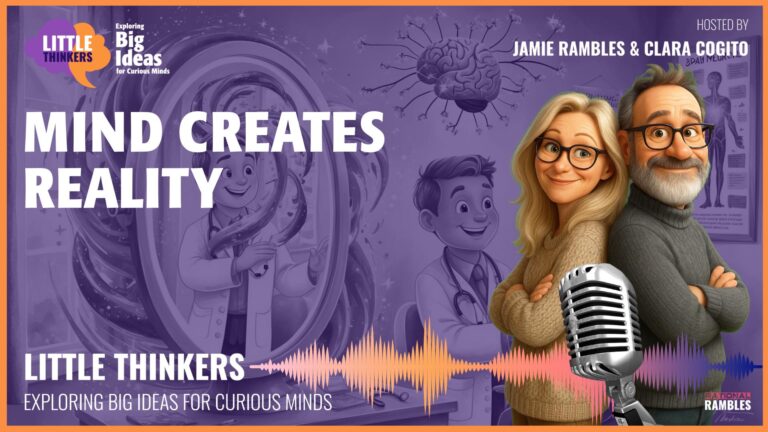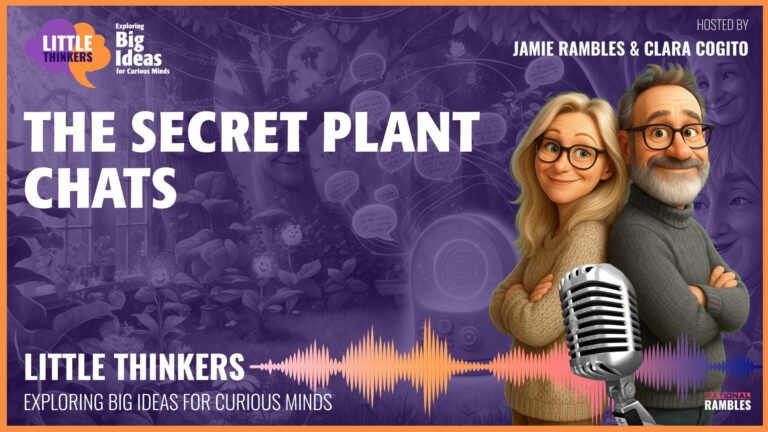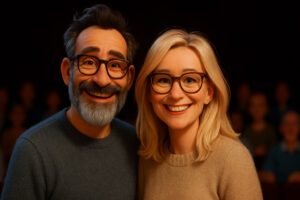The Amazing Space Breathing Adventure: What Really Happens Without a Spacesuit?
A Curious Space Question
Have you ever watched a movie where someone’s helmet comes off in space and—KABOOM!—they explode into a million pieces? Wow, that’s pretty scary! But guess what? That’s not what really happens at all! The truth about space breathing is even more fascinating than movie explosions!
Let’s go on a space adventure together and discover what would actually happen if an astronaut took their helmet off in space. Hold onto your thinking caps—it’s going to be an out-of-this-world journey!
Space: The No-Pressure Zone
First, we need to understand something super important about space. Space has almost no pressure. But what does “pressure” mean?
Pressure is like invisible pushing from all directions. Right now, as you’re reading this, air is gently pushing against your body from every side. You can’t feel it because you’re used to it—just like you don’t notice the weight of your clothes after you put them on.
In space, there’s no air, so there’s almost no pressure. It’s like if you climbed the tallest mountain in the world, and then kept going up, up, UP until there was almost no air left!
Try This Pressure Experiment!
Next time you take a bath or go swimming, put your hand underwater and then lift it out. Feel how the water pushes against your hand when it’s underwater? That’s water pressure! When you lift your hand out, that pressure is gone. Space is like that—but with NO pressure at all!
The Truth About Bodies in Space
So what would happen to your body in space without a spacesuit? Would you really go BOOM like in the movies?
Nope! Your body is much stronger than that! Here’s what would actually happen:
- The air in your lungs would rush out super fast—WHOOOOSH!
- Your body would puff up a little bit—like when you puff your cheeks with air
- The liquids in your body (like your blood) would start to bubble
Wait a minute…bubbling blood? That sounds really strange! Let’s learn more about that!
Cold Boiling: The Weirdest Science Ever!
We usually think things only boil when they’re super hot, right? Like when water bubbles in a pot to make spaghetti. But here’s an amazing science fact: liquids can also boil when there’s almost no pressure on them—even if they’re cold!
Scientists call this “cold boiling,” and it’s what would happen to your blood in space. Your blood would start making bubbles, kind of like when you open a bottle of soda!
Soda Pop Science
Think about a bottle of soda. When it’s closed tight, the bubbles stay trapped in the liquid. But when you open it—POP!—the pressure changes and bubbles rush out everywhere. Your blood in space would do something similar because the pressure is suddenly gone!
Don’t worry though—it wouldn’t hurt for the first few seconds because your brain wouldn’t have time to feel it.
The 15-Second Countdown
If an astronaut’s helmet came off in space, they would have about 15 seconds where they’d still be awake and able to think! That’s like counting from 1 to 15, but slowly.
Let’s count together to see how long that is: One… two… three… four… five… six… seven… eight… nine… ten… eleven… twelve… thirteen… fourteen… fifteen!
That’s not very long, is it? After those 15 seconds, the astronaut would fall asleep. Not because of the bubbles, but because their brain needs oxygen (the special part of air we breathe) to stay awake.
Why We Need Oxygen
Your amazing brain is like a busy toy factory that never stops working. To keep running, it needs energy from oxygen. No oxygen means the toy factory has to shut down for a while—and you fall asleep!
It’s just like how you get tired and fall asleep at the end of a long, busy day of playing and learning. Your brain needs rest, and without oxygen, it goes into rest mode very quickly.
The Most Surprising Space Fact: You Could Survive!
Here comes the most AMAZING part of our space adventure! If other astronauts could quickly get the person back inside the spaceship and give them air again, they could actually wake up and be okay!
Scientists think a person might survive if they’re rescued within about 90 seconds. That’s like singing the Happy Birthday song three times fast!
Our bodies are incredibly strong and can handle some pretty tough situations. Isn’t that like having a real-life superpower?
How Astronauts Stay Safe in Space
Of course, astronauts don’t just float around in space holding their breath! They wear special spacesuits called EVA suits. EVA stands for “Extra-Vehicular Activity,” which is a fancy way of saying “going outside your spaceship.”
These spacesuits are like tiny spaceships shaped like people! They have:
- Air to breathe
- Water to drink
- Special cooling systems to keep astronauts comfortable
- Gloves with special tools
- And even a little emergency jetpack!
Astronaut Nose Scratching
Have you ever wondered how astronauts scratch an itchy nose inside their helmets? They can’t just reach up and scratch it! Instead, they have a special foam pad inside their helmets that they can rub their nose against. Isn’t that clever?
Humans are amazing at solving problems—we figured out how to visit a place where we can’t even breathe!
Fish Thinking: A Cool Space Comparison
Imagine if fish could think like people. When we take them out of water, they might think WE live in a weird space where THEY can’t breathe!
For fish, air is their “space”—a place with no water pressure where they can’t breathe. Their gills need water to get oxygen, just like our lungs need air!
The difference is that air still has some pressure—not as much as water, but enough. So fish don’t experience the same bubbling effect that humans would in space.
Space Is Full of Extremes
Space is an amazing place of opposites. It can be super cold in the shadows—colder than the coldest winter day you can imagine! But step into the sunlight, and it becomes burning hot—hotter than the hottest summer day!
This is why astronaut suits are white and have special layers—to protect astronauts from these extreme temperatures.
Sleeping in Space
And yes, astronauts do sleep while floating around! They use sleeping bags that attach to the walls of the spaceship so they don’t bump into things while they dream. Imagine falling asleep and floating gently like a balloon—that would be a pretty cool way to sleep!
Movies vs. Reality
So now we know—people don’t explode in space like in the movies! Movie makers often make things more dramatic to tell exciting stories. Real space is plenty exciting without the explosions!
This makes us wonder what other movie things might not be real. Maybe dinosaurs didn’t really roar like in Jurassic Park? Many scientists think some dinosaurs might have sounded more like birds than lions—maybe they clucked like giant chickens!
Your Space Thinking Challenge
Here’s a fun thinking challenge for you: Next time you take a bath or go swimming, notice how different things feel underwater compared to in the air. That difference is because of pressure—just like the difference between Earth and space!
Also, try this: Take a deep breath and count how long you can hold it comfortably. Is it longer or shorter than 15 seconds? Remember, that’s how long you’d be awake in space without a helmet!
Keep Asking Amazing Questions!
What do you think was most surprising about space breathing? Was it the bubbling blood? The 15 seconds of thinking time? Or that you could possibly survive?
Asking questions is how we discover amazing things about our universe! Who knows? Maybe someday YOU could be a space scientist or astronaut, exploring the mysteries of space and making new discoveries!
Until then, keep your curiosity helmets on tight, and remember—your wonderful questions light up the universe like stars!
